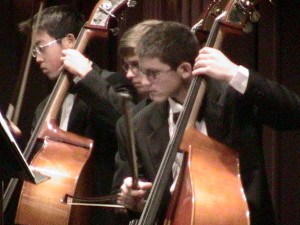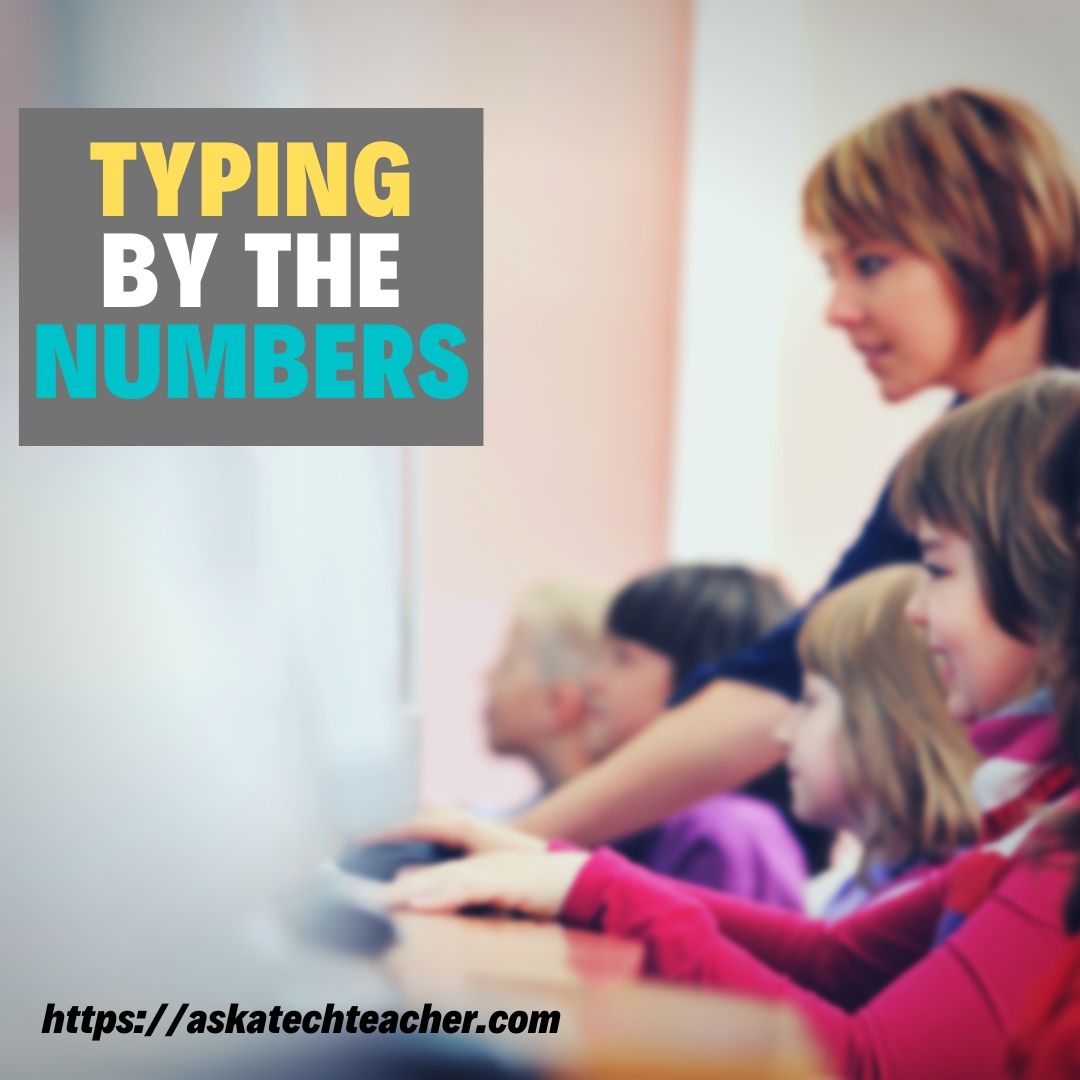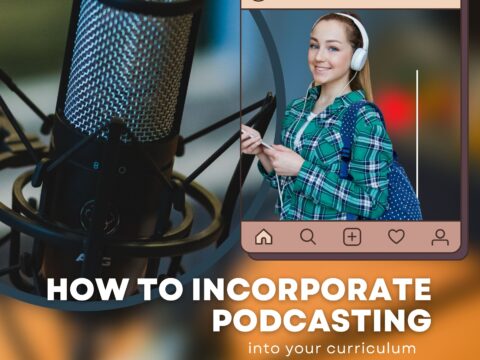 Cognitively, we all agree music, math and education are interwoven. Whether teacher or parent, stakeholders in the college- and career-readiness of students agree that understanding one begets success in the other. And still, in the real world of K-12 education administration, that relationship takes a back seat to politics and oxymorons (don’t get me started). Music programs always seem to be the first excised when budget cuts arrive. I have no idea what should go first, but it sure shouldn’t be music (anyone out there disagree–please share. I’d love to understand this phenonmena)
Cognitively, we all agree music, math and education are interwoven. Whether teacher or parent, stakeholders in the college- and career-readiness of students agree that understanding one begets success in the other. And still, in the real world of K-12 education administration, that relationship takes a back seat to politics and oxymorons (don’t get me started). Music programs always seem to be the first excised when budget cuts arrive. I have no idea what should go first, but it sure shouldn’t be music (anyone out there disagree–please share. I’d love to understand this phenonmena)
Here’s a guest post from Sara Stringer with proof and some solutions:
It’s long been accepted that music education helps students become more prepared for a lifetime of learning. New studies now show statistical evidence linking music lessons to measurable gains in focus, discipline, and critical thinking, meaning the connection between music and learning is now stronger than ever.
This year, for example, cognitive scientist Daniel Willingham presented the results of his research indicating that music literally helps children learn to read. Willingham’s study included a chart showing that music lessons “rhythmic skills training, tonal/melodic skills training and auditory discrimination of timbre and sound intensity” improved single word reading accuracy in 159 German first-graders. To test whether it was specifically the music education that was important, or if any arts education would bridge this gap, another group of German first-graders were given additional instruction in visual arts but not in music; their single word reading accuracy did not show the same gains. Willingham’s theory is that the rhythms involved in music help children more quickly understand similar rhythms in written and spoken language, which in turn helps to increase reading accuracy.
Likewise, research published in Developmental Cognitive Neuroscience showed a clear connection between formal music training and increased cognitive processing. In short: music training helps children think more quickly and understand complex problems faster. It is important to designate that this effect was only observed in children who received traditional music lessons, as opposed to simply exposure to music.
However, even listening to music without taking music lessons is statistically beneficial. Just a few months ago, Canada.com reported research from clinical psychologist Dr. Emma Gray, stating that “listening to songs by Miley Cyrus or Justin Timberlake — or other pop songs with 50 to 80 beats per minute — allows the brain to learn and remember new facts more easily.” Many adults already know that listening to pop music while working helps them manage tasks and remember items; it is clear that fast pop music also provides significant educational benefits for children.
In other words: if your child prefers Lady Gaga to J.S. Bach, do not despair! The great thing about music is that it’s all beneficial, whether it’s baroque or hip-hop. Likewise, the child who studies electric guitar receives the same cognitive benefits as the child who learns classical piano.
Of course, these studies are coming out at the same time that music programs are being cut in schools across the country. Even though it is demonstrably clear that music can improve student interest, student discipline, and even the all-important student test scores, schools are still choosing to remove the so-called “elective” from the curriculum.
This means that parents need to step up and make sure their children receive this essential component of their education. Although the traditional lesson model–in which students travel to an instructor’s home to receive weekly instruction, is still popular–more and more parents are turning to online music lessons as a way to provide their children with the benefits of music lessons while still balancing music instruction against all the other elements of a modern, busy life. Online music lessons also bring music to underserved areas, meaning that anyone can now take voice, piano, violin, or guitar regardless of whether there is a qualified teacher living nearby. This is one of the biggest recent achievements in music education.
If you are an educator, or if you have young children in your home, it is clear that both allowing them to listen to music while working and encouraging them to take music lessons will have significant educational benefits that last a lifetime. Our challenge is to ensure that students still have access to music, even in the face of budget cuts and ever-squeezed time crunches. The statistical evidence is both present and overwhelming: music helps people learn. To deny children music lessons would be to shortchange their educational possibilities.
Sara Stringer is a former medical and surgical assistant who now does freelance business consulting. She enjoys blogging and helping others. In her spare time (translation: the time spent doing what’s most important), she enjoys soaking up the sunshine with her husband and two kids.
–Above image property of J. Murray. Do not use without permission.
Jacqui Murray has been teaching K-18 technology for 30 years. She is the editor/author of over a hundred tech ed resources including a K-12 technology curriculum, K-8 keyboard curriculum, K-8 Digital Citizenship curriculum. She is an adjunct professor in tech ed, Master Teacher, webmaster for four blogs, an Amazon Vine Voice, CSTA presentation reviewer, freelance journalist on tech ed topics, contributor to NEA Today, and author of the tech thrillers, To Hunt a Sub and Twenty-four Days. You can find her resources at Structured Learning.





































2 thoughts on “New Statistics Linking Music Education to Cognitive Development”
Comments are closed.